Why you’re having an attack
Why are you having an allergy attack? Simple answer: something in your environment—either inside or outside—is triggering your immune system to overreact. Your body identifies the substance (like pollen or dust mites) as foreign and ramps up production of antibodies called IgE, which then put a call out to release chemicals like histamines, setting off allergy symptoms, according to the American Academy of Allergy, Asthma, and Immunology (AAAAI). (Learn about the more surprising causes of spring allergies.)

Watch out for common triggers
The season you’re in largely dictates what might be causing an attack. For instance, in the late spring and early summer, grass pollen is highest. In late summer and early fall, there’s weed pollen to worry about, notes the AAAAI. Mold can peak between July and October. Still, these allergens can be present year-round depending on where you live, making it difficult to understand what you’re reacting to.

Worry about inside, too
Just because you stay huddled inside doesn’t mean you’re home free. These allergens are often not exactly what you think. For instance, many people assume dust mites cause allergies, but it’s really dust mite poop. Likewise, it’s not animal fur, it’s their dander. Rounding out common indoor allergens are cockroach droppings and mold, points out the AAAAI. Unfortunately, having an indoor allergen may mean you’re suffering from symptoms year-round. Take these necessary steps to allergy-proof every room in your house.
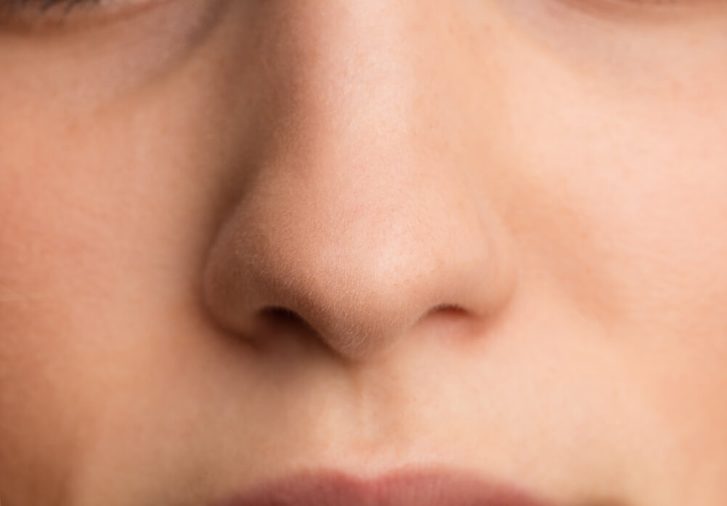
The symptoms of an allergy attack
When histamines are released, they spark a whole set of symptoms. The tissue lining your eyes can react with itching, redness, and irritation points out the Asthma and Allergy Foundation of America. Your nasal passages can put mucous production into overdrive, so you feel congested, itchy, and sneezy.

Oral antihistamines
Of course, you want to know how to stop an allergy attack. First step: pop an antihistamine. These meds, which work by blocking the histamines that trigger symptoms of sneezing and itchiness, will deliver relief within a half-hour, says Derrick Ward, MD, of Kansas City Allergy & Asthma Associates. These include Claritin, Allegra, and Zyrtec. Be aware of how much you take though—it IS possible to overdose on antihistamines.
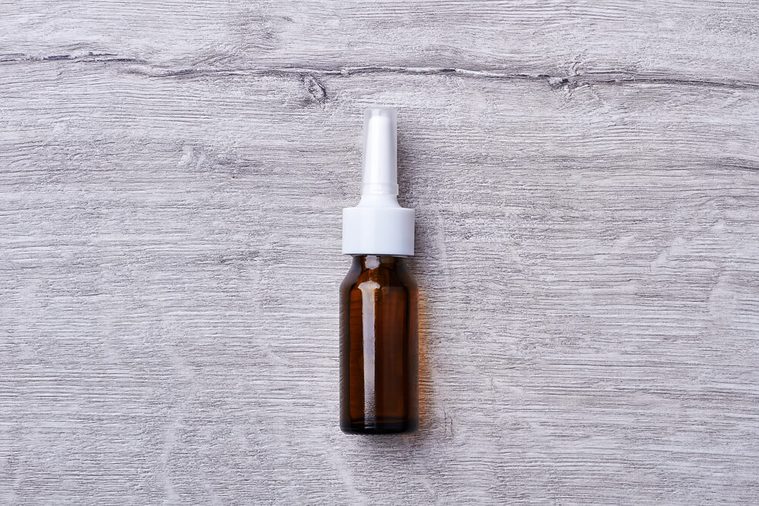
Adding a nasal steroid spray
Often people with allergies pop an oral antihistamine and later complain that the medication stopped working because it wore off. However, that’s not really the case. “It’s probably just a high pollen day,” says New York City allergist and immunologist Clifford Bassett, MD, author of The New Allergy Solution, who adds that often doctors will recommend combining an oral antihistamine with a nasal steroid spray, which reduces swelling in the nose for easier breathing. “That’s a recipe for relief,” he says. Be sure to check out the 7 best allergy nasal sprays that doctors recommend.
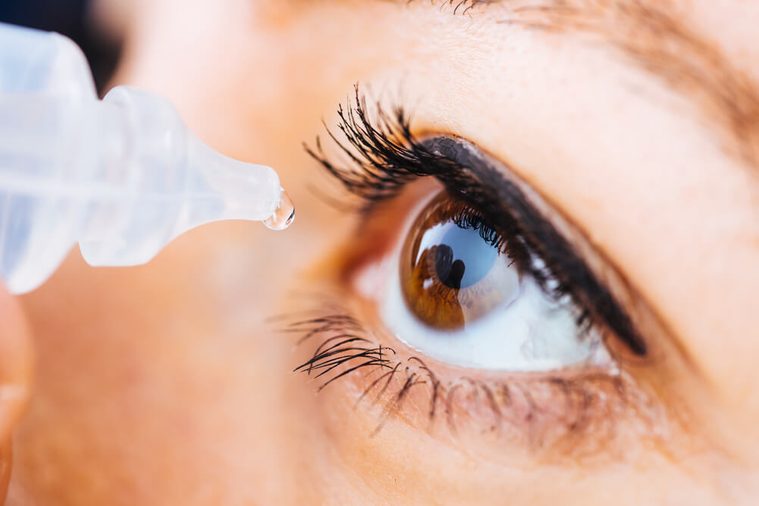
Antihistamine eye drops
If your eyes are the biggest problem, grab an antihistamine eye drop, which will put your peepers on the fast track toward relief. “These work in less than five minutes,” says Dr. Ward, who recommends keeping a bottle in your car in the event symptoms crop up. You can find these over the counter at pharmacies.
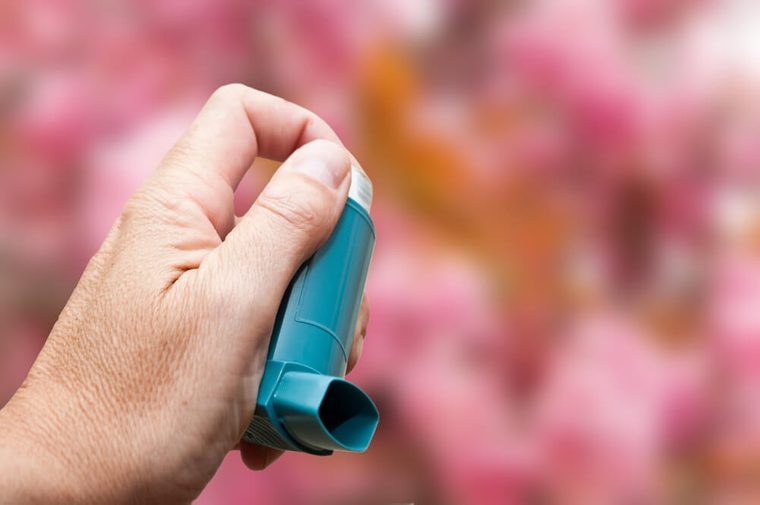
A rescue inhaler
If you are someone whose asthma flares up because of allergies, you’re going to need to take more precautions. Chief among them: Keep your rescue albuterol inhaler nearby, suggests Dr. Ward. Albuterol helps improve breathing by opening up the air passages to the lungs to help put a stop to wheezing. (Here’s how to use an inhaler the right way.)

Nasal saline
Nasal saline solutions (like a spray or rinse) can help wash out pollen clinging to nasal passages, says Dr. Bassett. Regular saline nasal irrigation can reduce nasal symptoms, help cut down on medications needed, and improve quality of life. (However, make sure to learn these neti pot safety tips before using one.)

Block the triggers
Even while you’re in the throes of an attack, it doesn’t hurt to take lifestyle measures to block outdoor allergens. Throw on oversized, wrap-around sunglasses to prevent more pollen from irritating your eyes, wear a wide-brimmed hat to stop pollen from settling on your hair, and shower at night to get rid of pollen from your skin, recommends Dr. Bassett.

Use caution with medications
If you find that side effects from meds are too much to bear, you may be overusing them. First-generation antihistamines (like diphenhydramine) may make you drowsy because histamines are neurotransmitters that act on the brain to keep you awake. Dr. Ward recognizes that some patients overuse these medications, which can backfire. Be sure to follow the label directions.
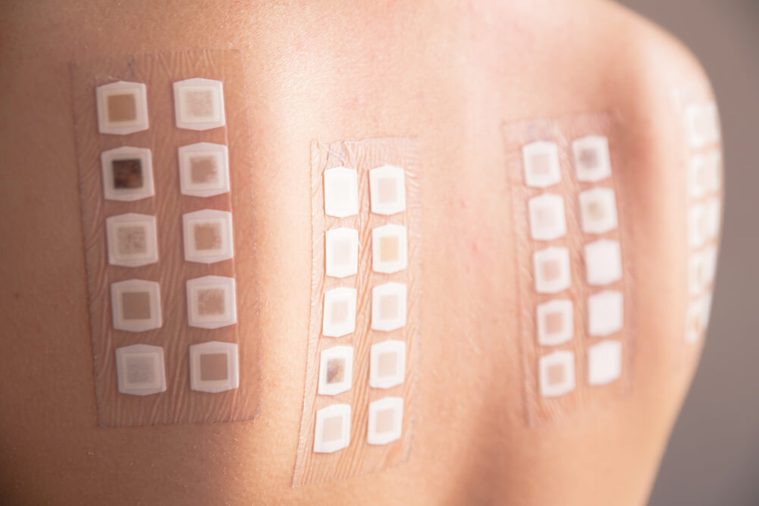
When nothing is working
if you practically carry a pharmacy around with you just in case your allergies act up again, you may need help from your healthcare provider. “Some people with bad allergy symptoms end up at a walk-in clinic that prescribes the steroid prednisone to get rid of the attack, but that’s like killing an ant with a sledgehammer,” says Dr. Ward. Far better is seeing a board-certified allergist who can give you the guidance you need to prevent and treat allergies. “After they see us, patients say, ‘I wish I would’ve come and seen someone years ago,'” he adds.
